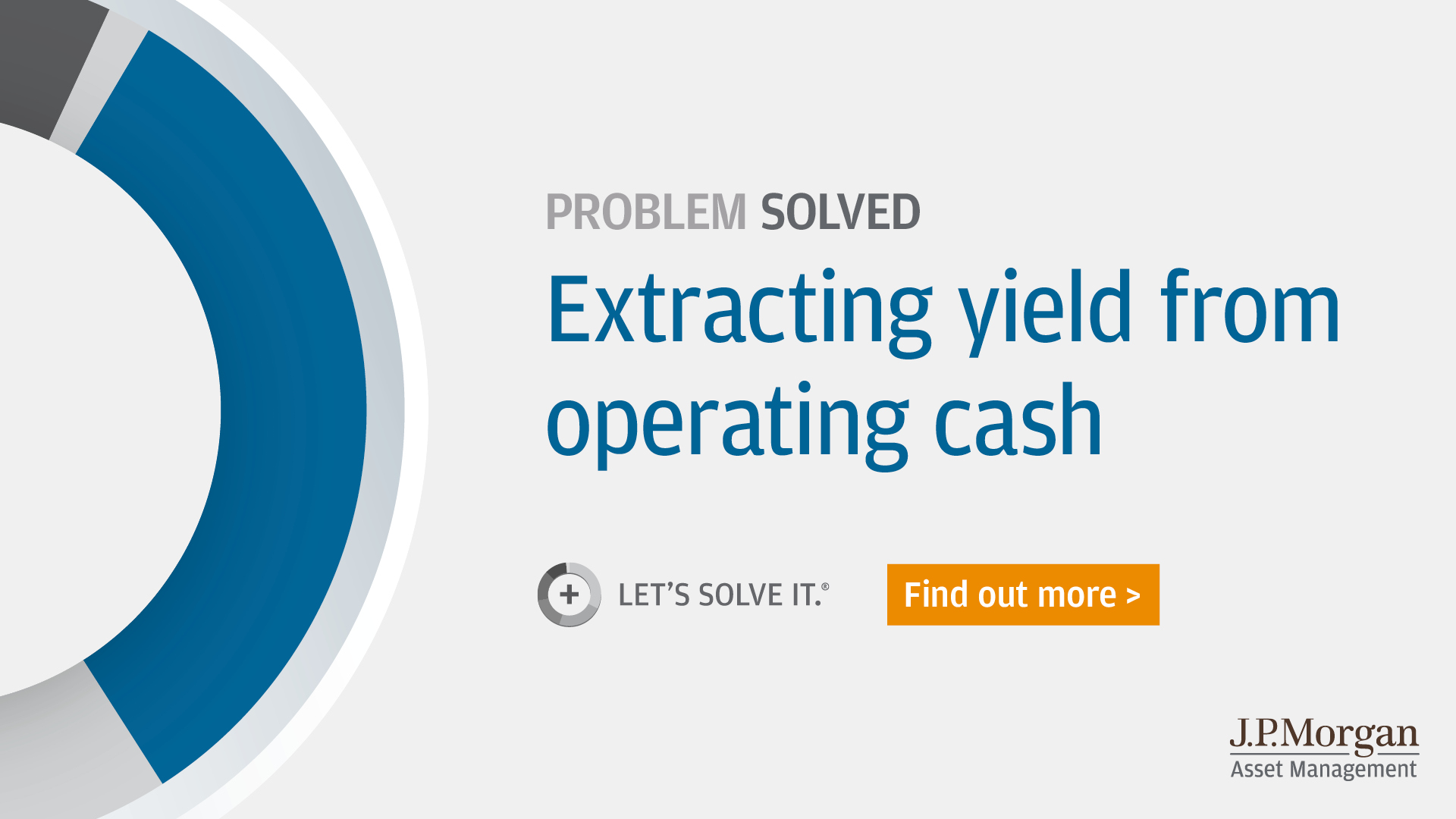

Like many others in the sector, Australian mining company Alkane Resources has to set aside a portion of surplus cash to cover any unexpected costs or delays – but achieving a return on short-term cash in the current low interest rate environment is not a given. The solution: working with a trusted partner to achieve security and flexibility without compromising on yield.
 James Carter
James Carter
CFO
Alkane Resources

Alkane Resources is an Australian gold production company with a multicommodity exploration and development portfolio. Listed on the Australian Stock Exchange, the company has a market capitalisation of almost AU$400m and holds cash and investments of around AU$80m with no debt.
Problem…
Companies in the mining industry face particular challenges when it comes to managing cash flow and working capital. The sector is highly capital intensive – as James Carter, CFO at Alkane Resources explains, when companies embark on a new mining project, they could spend 12-18 months’ worth of working capital developing a project before receiving any cash flow.
“Another unique aspect of the mining industry is that whether you’re mining in an open pit or starting a new mine underground, is you can be somewhat at the mercy of the natural environment we work in,” Carter explains. “An inevitable challenge is making sure you have sufficient working capital to cope with unforeseen circumstances or delays.”
As a result, mining companies typically need to have several months’ worth of cash set aside in case of delays. For Alkane, which has cash reserves of around AU$80m, a key challenge in the current low interest rate environment was getting the best return on surplus cash – a challenge that the company has tackled by breaking the available cash down into segments. For cash beyond one month, Alkane tends to use higher yielding term deposits. “But for up to 31 days, we have our cash on call to pay for trade creditors, contractors and payroll,” says Carter. “For that type of cash, you’re getting pretty much a zero return.”
Consequently, Carter was looking for a product that would enable the company to achieve a better yield on its short-term cash, without incurring additional risk. “What was important for me and the board was to work with a reliable and investment-grade counterparty that offers same- to next-day liquidity and seamless redemption,” Carter explains.
…Solved
Unusually in the mining industry, Alkane has been working with the same transaction bank for the last 50 years – so the board had little experience of embarking on a new relationship. But Carter, who joined the company in October 2018, was able to draw upon his previous knowledge and experience to navigate the process and recommend a suitable partner.
“I had previously worked with J.P. Morgan Global Liquidity when I was at another company during the depths of the global financial crisis – and while many financial institutions were failing, J.P. Morgan was always there as a reliable counterparty,” he explains. “That gave me a lot of comfort when recommending J.P. Morgan Global Liquidity to the board. I had worked with them before, finding the process of investing and redeeming cash very easy.”
Carter says that the chosen solution provides a return on funds “far in excess of a regular call deposit”, with funds available on a same day or overnight basis. “It offers us great flexibility from a reliable counterparty and gives us a higher yield,” he adds. “So it ticks all those boxes. And we just couldn’t find a competing solution in the market.”
Carter adds that the investment process is straightforward to set up and the solution provides a yield without tying up short-term cash. “Given that we’ve been opportunistic with investments that we’ve done from time to time, it gives us more flexibility to have that extra money there,” he says. “Meanwhile, our segmenting approach means our longer-term cash is held in term deposits.”
With Australian-based gold companies currently performing well, Carter notes that many companies in this sector are generating a lot of surplus cash. “While some are paying dividends, I suspect a number of other companies would have the balance sheet to warrant looking at this type of solution,” he concludes.